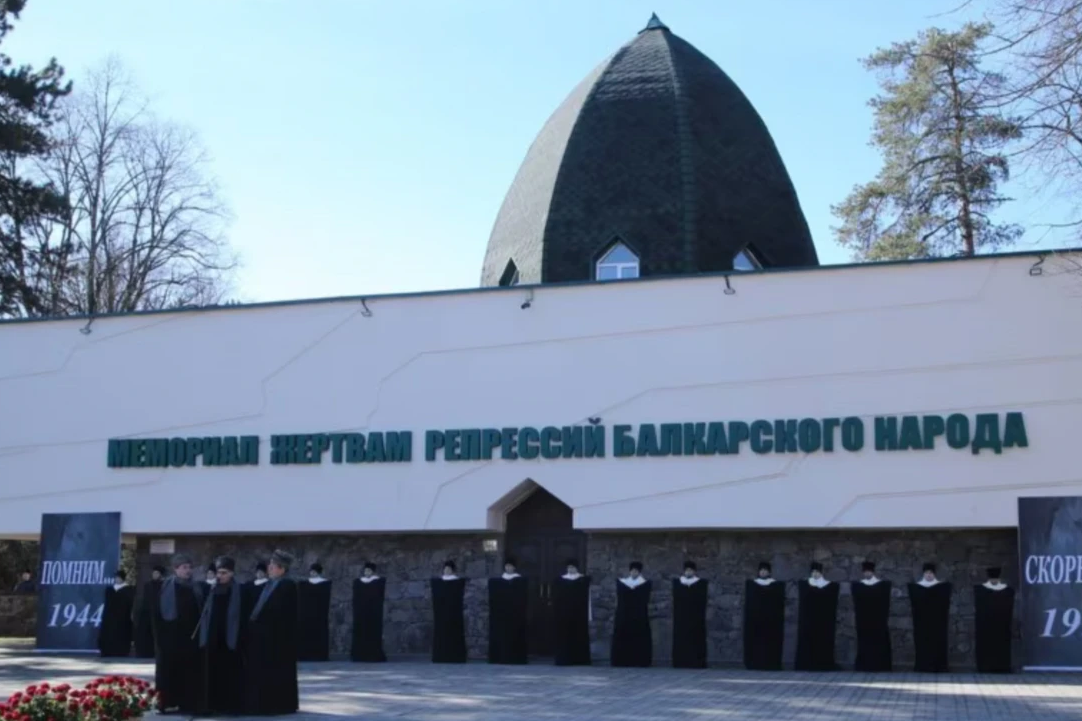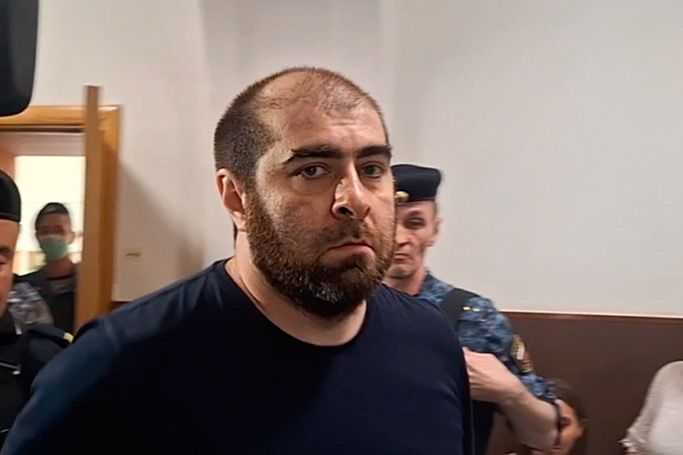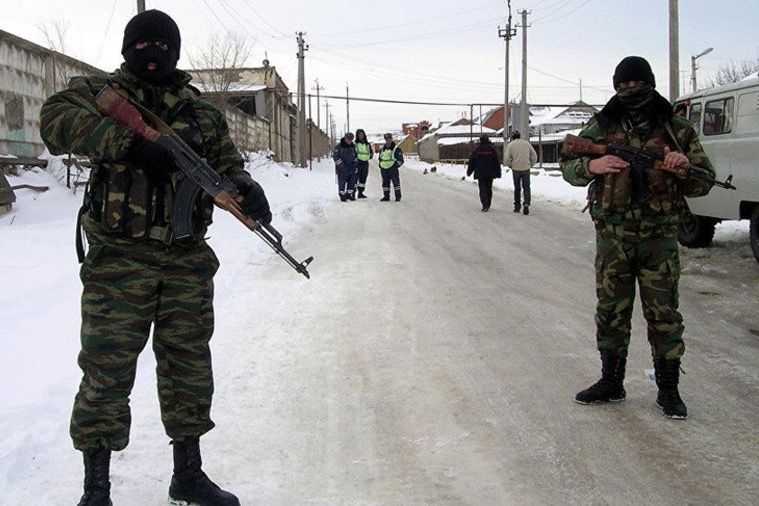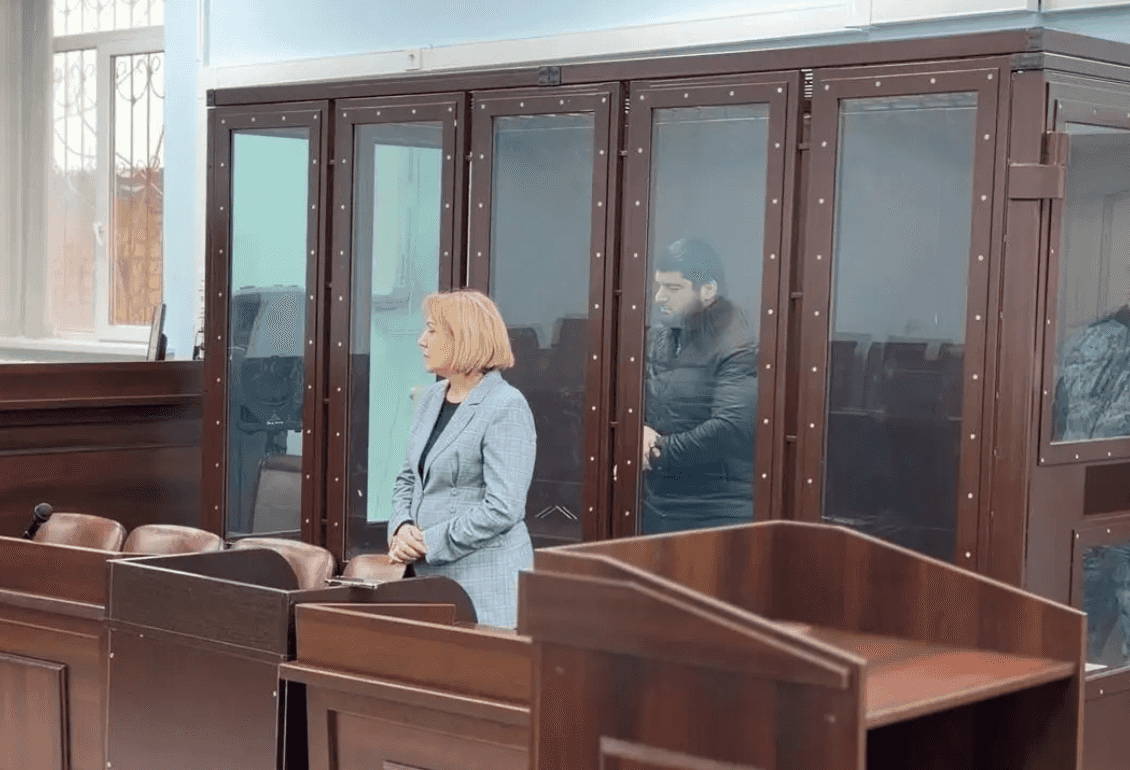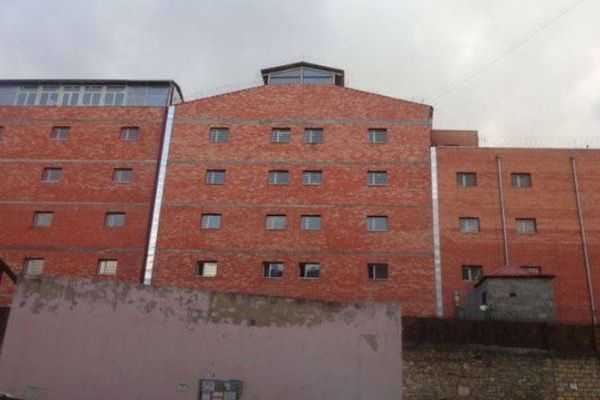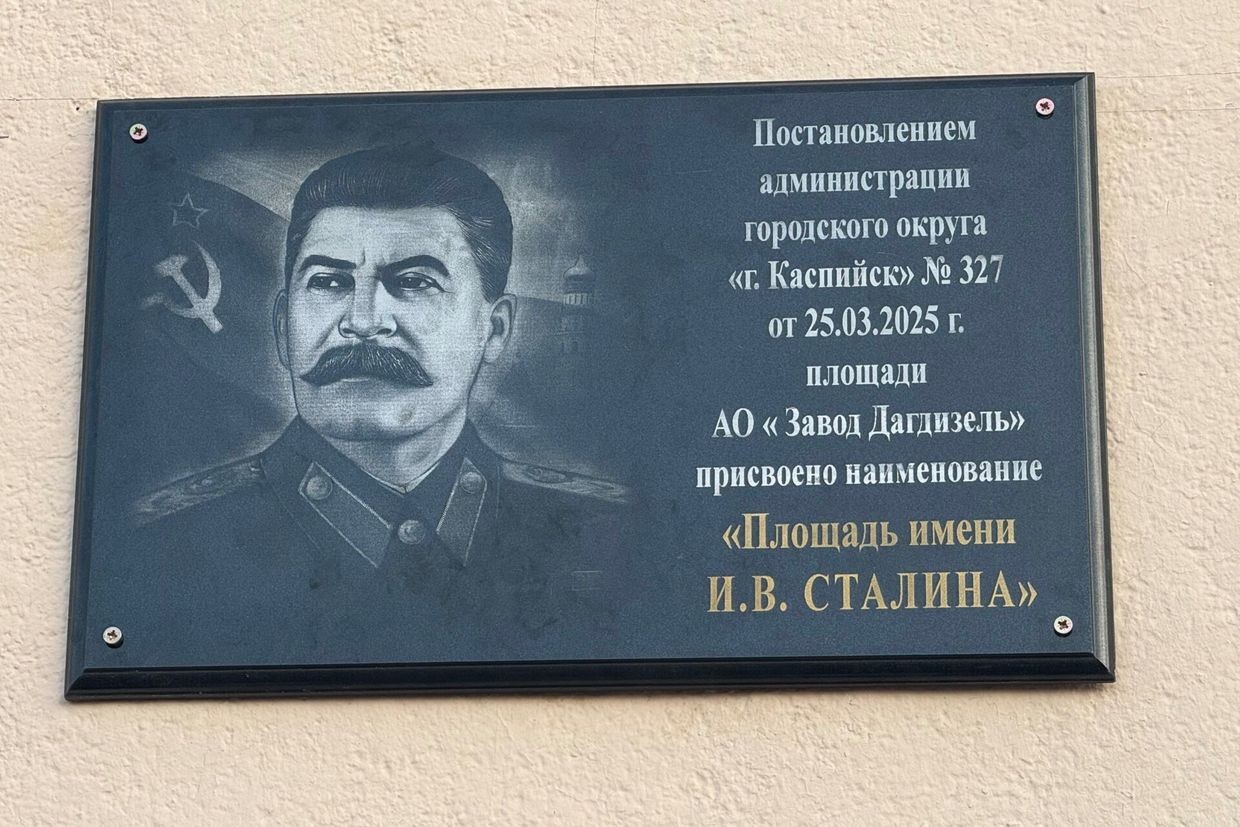
On Saturday, a ceremony was held in Daghestani Kaspiysk to rename the central square in front of the entrance to the joint-stock company Dagdiesel (Daghestani Diesel) plant after Soviet leader Joseph Stalin. The event brought together representatives of the city administration, plant management, veterans, public figures, and local residents.
The ceremony was attended by the deputy Head of Kaspiysk, Gusein Unkilov, the city’s military commissioner, Colonel Marat Pashaev, Major General Herman Kirilenko, the plant’s deputy general director Ruslan Kasumov, as well as representatives of public organisations and the plant workforce.
According to Kasumov, giving the square Stalin’s name is a ‘tribute to his service to the Motherland’. He emphasised that the decision is linked to the history of the plant’s creation.
‘Today our plant has the honour of unveiling a memorial plaque for a prominent historical figure who entered the history of the country and the world, Joseph Vissarionovich Stalin. It was Stalin who supported the initiative to create Plant No. 182 on this site. Without this plant, there would be no Kaspiysk, and consequently, no us’, he said.
The memorial plaque was unveiled by Unkilov and Kirilenko. It features a portrait of Stalin and notes that the decision to name the square after the Soviet leader was approved by a decree of the Kaspiysk city administration on 25 March this year. Following the unveiling, participants laid flowers at the plaque.
In 2018, the Kaspiysk administration proposed renaming Mira Street to I.V. Stalin Street. The proposal sparked significant public controversy, and the city authorities subsequently withdrew it, citing protests from residents. Even at that time, the administration argued that the city owed its existence to Stalin.
On 29 April in the town of Daghestanskie Ogni, a bust of Stalin was installed on a pedestal. However, three days later, the bust was removed, leaving only an empty pedestal. The city head, Jalalutdin Alirzaev, stated that the monument had been erected by local communists without the authorities’ permission.
In recent years, Russia has seen a resurgence of the cult of personality surrounding Stalin. His image is increasingly being used in official and public rhetoric, and new monuments and memorial plaques are appearing in a number of regions. One notable example is the return of the historical name ‘Stalingrad’ to the airport in Volgograd, which was implemented following a decree in April 2025 by President Vladimir Putin.
Stalin oversaw mass repressions during the USSR, as well as waging aggressive wars against Finland and Poland. During his time as leader, millions of people were convicted on political grounds (counter-revolutionary crimes) in the USSR between 1921 and 1953, the 33 years of Stalin’s effective sole rule. Hundreds of thousands were summarily executed during the Great Purge of the late 1930s.
During his rule, Stalin implemented a series of forced deportations of entire peoples from the Caucasus. Ethnic groups such as the Chechens, Ingush, Karachays, Balkars, and Crimean Tatars were accused of collaborating with the Nazis during World War II and forcibly removed from their ancestral lands. Tens of thousands were transported in harsh conditions to Central Asia and Siberia. Historians estimate that between 200,000 and 500,000 people died as a result of these deportations due to hunger, disease, and the harsh journey.
After the collapse of the Soviet Union, the deportations of the Caucasian peoples were recognised as illegal and criminal acts. In 1991, the law ‘On the Rehabilitation of Repressed Peoples’ was adopted, which recognised the right of the deported peoples to restoration of territorial integrity and compensation for the damage caused by the state.
This article was translated into Armenian and republished by our partner CivilNet.
